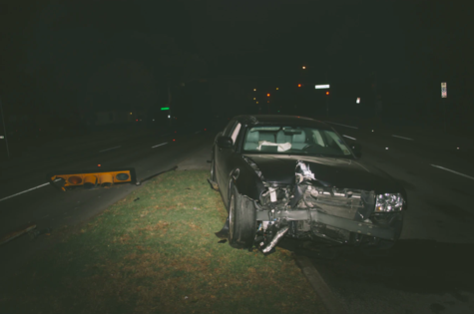Getting your license is not at all an easy task. It is the sort of endeavor that is laden with numerous difficulties and start from the moment you get into the car until you get out of it. However, the biggest booby-trap of all, is parallel parking, which many may find to be impossible. Though, as many will find, the difficulties may develop past just the driving of the car and may continue all the way into the theoretical part of the exam. That said, when one gets their license they become enraptured with ecstasy, seeing as how these momentous trials had passed.
But then you move to a different state and you find that the traffic laws may have changed. But have they?
Traffic laws
Generally speaking, the traffic laws across all states are fairly similar, sharing many of the fundamental aspects. These mainly include driving at green, stopping at red, and not exceeding the speed limit will be good. However, the answer is, yes, traffic laws vary from state to state. For instance, California has rigorous laws against touching the maps app while driving. So rigorous that they are as punishable as texting while driving. The laws are very specific in where drivers place their phones and how to place their phones held up in a specified size holster at a specific area that is near the lower right area of your windshield. They also ask that you set up the route before you move with your car. Anything else would be considered illegal.

Accidents
If you are unfamiliar with certain laws of a state, you may be acting on your own state laws, which can get tricky if you end up in an accident. You may be under the assumption that perhaps the person you hit should consider themselves lucky that you did not press any charges, when in fact you are the one that would be lucky for getting out of an accident unscathed by authorities.

Accidents can happen in states like California, where a bike lane is regarded as a full lane. If you are unaware, you may hit someone on a bike without noticing. Also, if you are from California and travel elsewhere, it could be that you fall to an accident, seeing as how your understanding of law traffic is warped in respect of the state you are visiting. If the roles were reversed and someone has hit you, then the driver’s negligence becomes clear, and action must be taken. The legal advisors over at https://www.hamparyan.com/san-diego-car-accident-attorney/ explain the importance of holding the at-fault driver responsible for their carelessness and reckless actions. You can do so by filing a third-party liability insurance claim or a civil suit to get you the money needed.
Why are laws different?
Well, if you are wondering why laws may vary from state to state, it is quite simple. Each state has its own legislature, which means each of them makes their state law independently from other states. Usually, these laws are made in an indirect collaboration with the general public, and each state’s general public will differ from the other.
State traffic laws
As you have learned by now, each state has its individualistic set of traffic laws, where some may have a few quirky laws. Here are some traffic laws and their corresponding states:
- Florida – Florida is focused on penalizing making an illegal U-turn, hit-and-run, reckless driving and a few more which make sense. However, they also have laws against one no so quirky thing, in particular, driving without insurance.
- Georgia – Georgia’s traffic laws are very strict and swift in persecuting acts such as DUI, speeding, driving without a license, and running a red light, instead of stopping as you should. Though, there is one quirk which is called a Super Speeder law. This is for the super speeders, who do not just drive past the speeding limit but go past it and beyond. These individuals get fined an extra $200 that goes on top of the initial ticket.
- Massachusetts – It is illegal for drivers in Massachusetts to use their hazard lights, which is allowed by other states during moments of emergency. However, Massachusetts rules it out completely.
- Houston – It is said that in Houston you are not allowed, not by the people or the law, to use your blinker when switching lanes.
Traffic laws can often get very complicated, especially if you are passing from one state to the other. Generally, there is a standard that extends to all the states, though keep an eye out for the quirks. Remember, if you had fallen to someone else’s faulty driving, you may take them to court. Adjourned!





























































